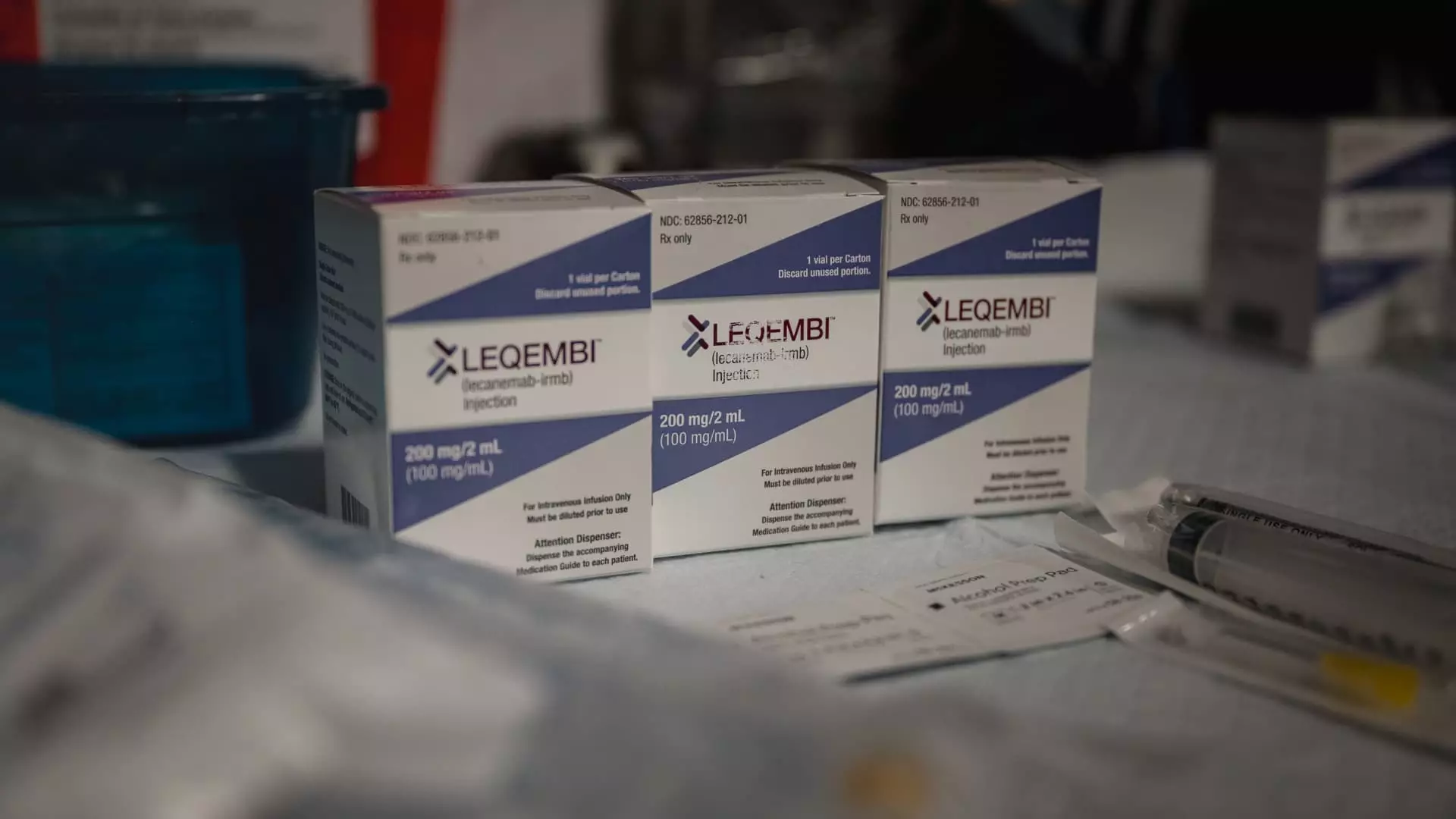The breakthrough Alzheimer’s drug Leqembi has shown promising results in slowing the progression of the disease over three years. The need for patients to stay on this treatment long term has been emphasized in new data released by Japanese drugmaker Eisai. However, the study has also revealed that a patient’s Alzheimer’s disease worsens after they stop treatment, highlighting the importance of sustained therapy.
Although rates of adverse side effects associated with Leqembi, such as brain bleeding and swelling, dropped after six months of treatment, safety concerns remain. Some doctors have raised alarms about these side effects, leading a European drug regulator to recommend against approving Leqembi. This underscores the need for careful monitoring and evaluation of patients undergoing this treatment.
The data on Leqembi highlights the critical role of early and sustained treatment for Alzheimer’s patients. Even after a drug clears a patient’s amyloid plaque, continuing treatment is crucial for maintaining cognition and functionality. While Leqembi is not a cure, starting treatment early can provide patients with years of benefit. Eisai believes that patients may eventually be able to switch to a maintenance dose of Leqembi after 18 to 24 months of treatment, offering a less frequent or more convenient option for long-term therapy.
Eisai and Biogen are seeking regulatory approval for a once-monthly infusion of Leqembi, with plans to introduce an injectable form that patients can take at home on a weekly basis. These advancements in treatment delivery could revolutionize Alzheimer’s care, making it easier for patients to access and adhere to their prescribed therapy.
With nearly 7 million Americans currently living with Alzheimer’s disease, the need for effective treatments is more pressing than ever. By 2050, the number of Alzheimer’s patients is projected to nearly double, underscoring the urgency of developing innovative therapies like Leqembi. The results of extended research on Leqembi demonstrate its potential to interrupt the natural progression of the disease and improve cognitive outcomes for patients.
Overall, the findings on Leqembi offer hope for the future of Alzheimer’s treatment. While challenges and safety concerns remain, the data suggests that early and sustained therapy with Leqembi could significantly impact the progression of the disease. As researchers continue to explore new avenues for Alzheimer’s treatment, drugs like Leqembi represent a promising step towards better outcomes for patients and their families.

